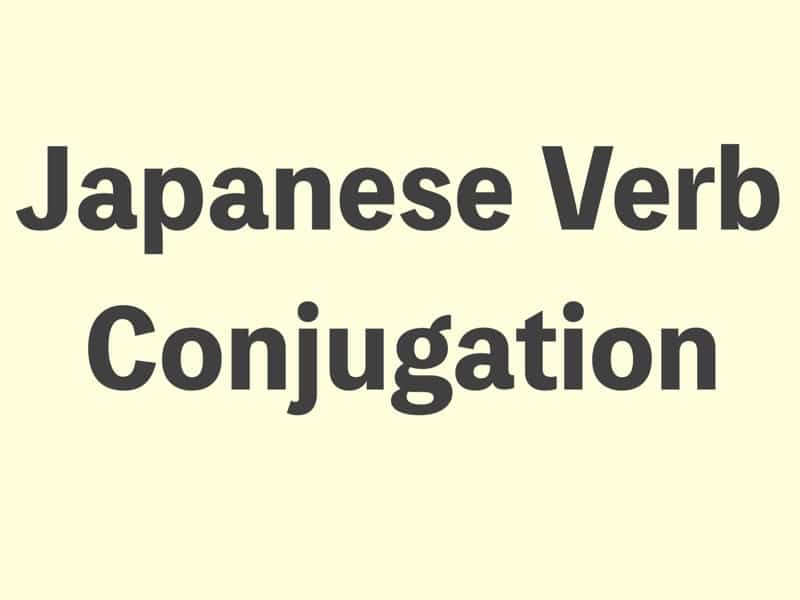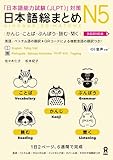Japanese verbs are important for making sentences and expressing actions and feelings. Knowing how to use and change verbs is crucial for talking in Japanese. In this guide, we will look at different types of Japanese verbs, how to change them, and some examples. This will help you learn how to use verbs confidently. Let’s begin your journey to mastering Japanese!
JLPT Textbook Recommendations
Time-related vocabulary
- おととい (おととい, ototoi) – the day before yesterday
- 昨日 (きのう, kinō) – yesterday
- 今日 (きょう, kyō) – today
- 明日 (あした, ashita) – tomorrow
- 明後日 (あさって, asatte) – the day after tomorrow
- 毎日 (まいにち, mainichi) – every day
- 毎朝 (まいあさ, maiasa) – every morning
- 毎晩 (まいばん, maiban) – every night
- 今朝 (けさ, kesa) – this morning
- 今晩 (こんばん, konban) – this evening / tonight
Verb Conjugation
Basically, you just need to memorize ます (masu), ません (masen), ました (mashita), and ませんでした (masen deshita). You don’t need to change the conjugation based on gender or whether the subject is singular or plural.
In Japanese, the present tense and future tense are the same, so you can use ます (masu) for both. For negative forms, use ません (masen) for both as well.
| Present | Present negative | Past | Past negative | |
| 〜ます(~masu) | 〜ません (~masen) | 〜ました (~mashita) | 〜ませんでした(~masen deshita) | |
| To wake up | おきます (oki masu) | おきません (oki masen) | おきました (oki mashita) | おきませんでした (oki masen deshita) |
| To sleep | ねます (ne masu) | ねません (ne masen) | ねました (ne mashita) | ねませんでした (ne masen deshita) |
| To work | はたらきます (hataraki masu) | はたらきません (hataraki masen) | はたらきました (hataraki mashita) | はたらきませんでした (hataraki masen deshita) |
| To study | べんきょうします (benkyō shimasu) | べんきょうしません (benkyō shimasen) | べんきょうしました (benkyō shimashita) | べんきょうしませんでした (benkyō shimasen deshita) |
あしたべんきょうします。(ashita benkyō shimasu.)
English: I will study tomorrow.
きのうべんきょうしました。(kinō benkyō shimashita.)
English: I studied yesterday.
Questions
Q: あしたべんきょうしますか。(ashita benkyō shimasu ka?)
English: Will you study tomorrow?
A: はい、べんきょうします。(hai, benkyō shimasu.)
English: Yes, I will study.
A: いいえ、べんきょうしません。(iie, benkyō shimasen.)
English: No, I will not study.
Q: きのうべんきょうしましたか。(kinō benkyō shimashita ka?)
English: Did you study yesterday?
A: はい、べんきょうしました。(hai, benkyō shimashita.)
English: Yes, I studied.
A: いいえ、べんきょうしませんでした。(iie, benkyō shimasendeshita.)
English: No, I did not study.




コメント